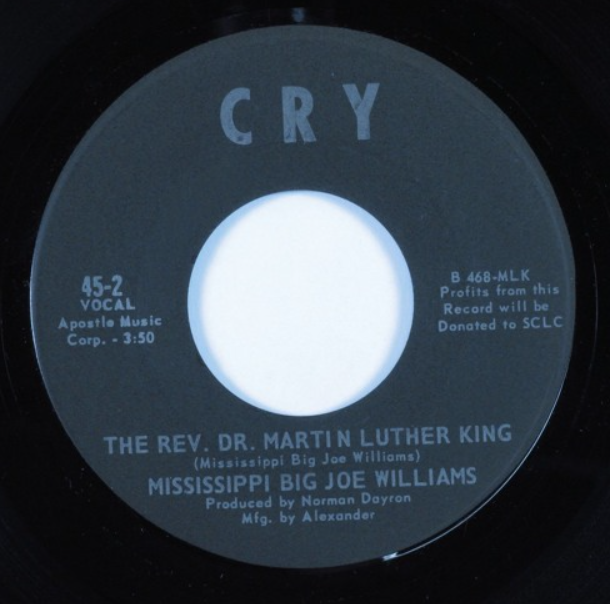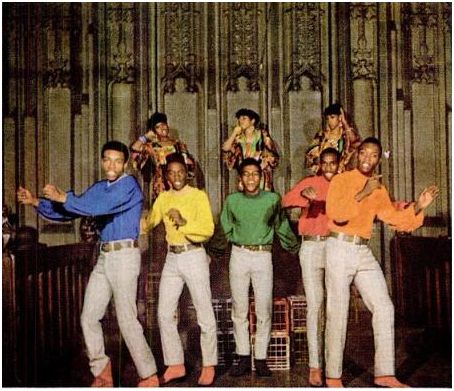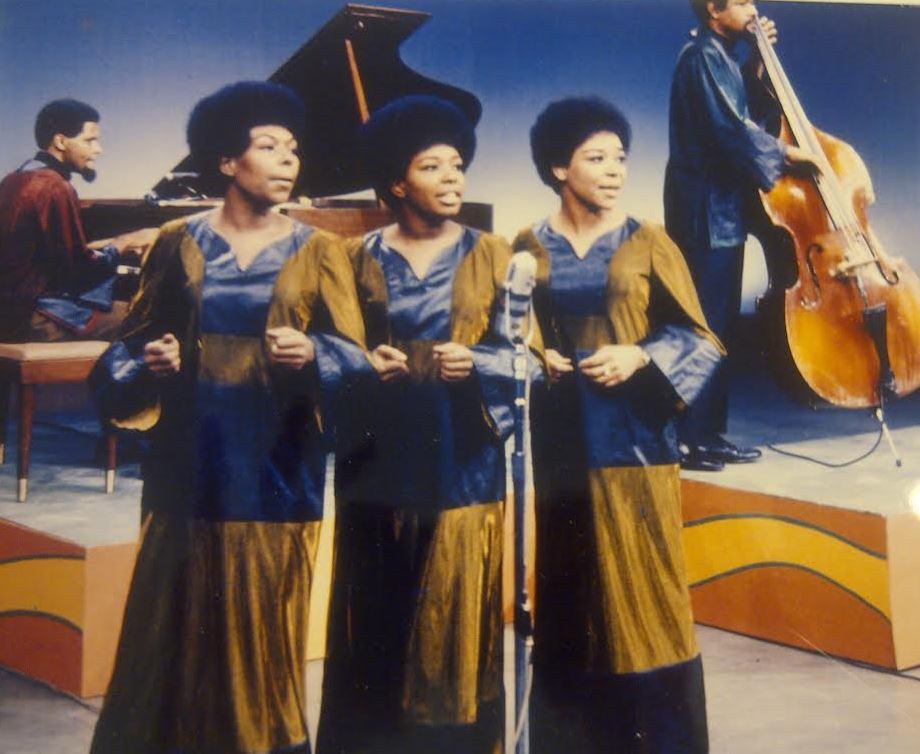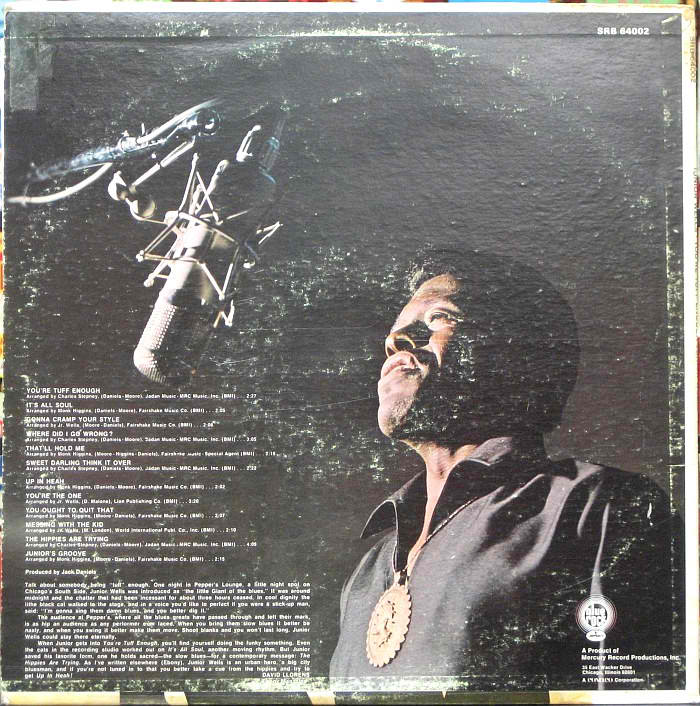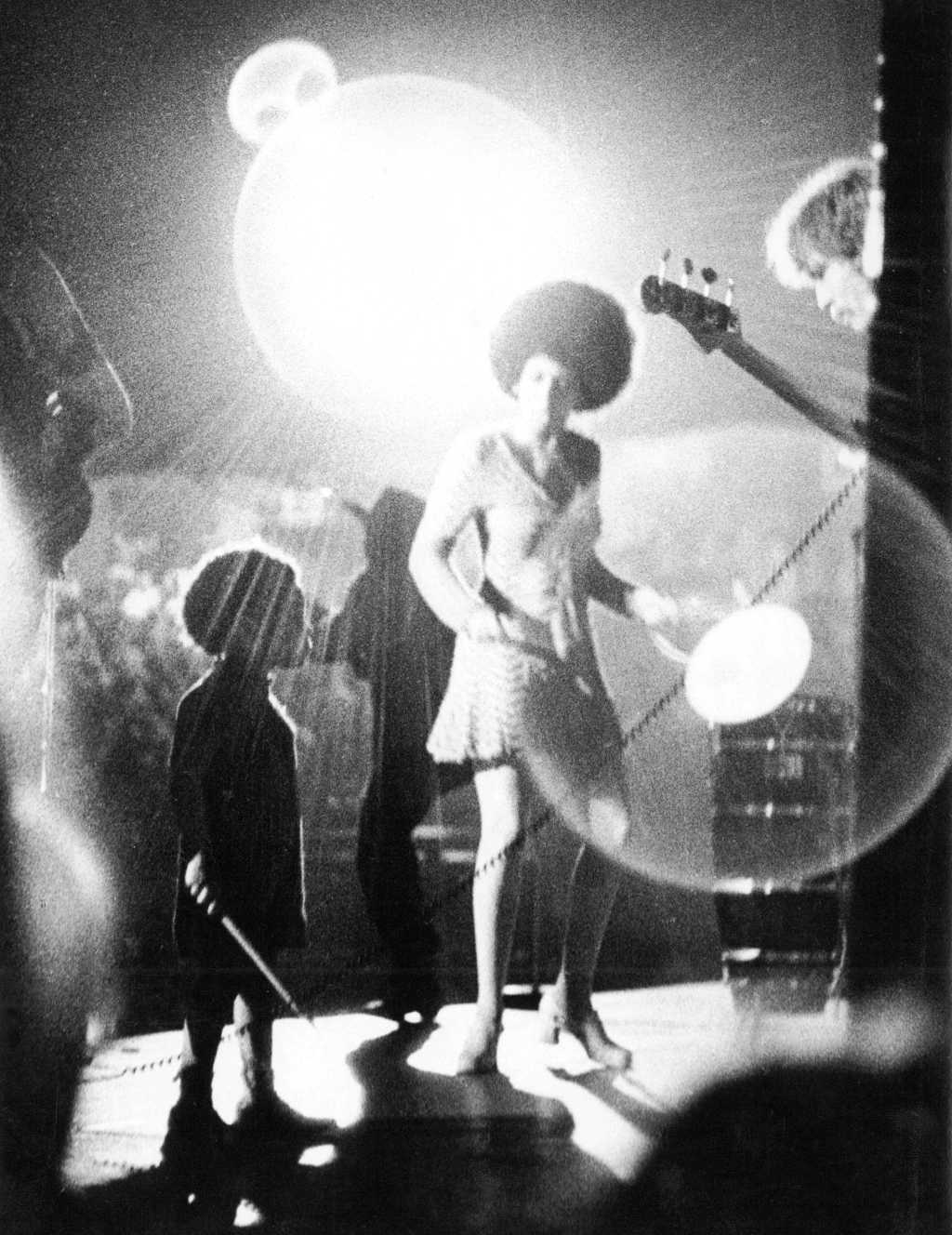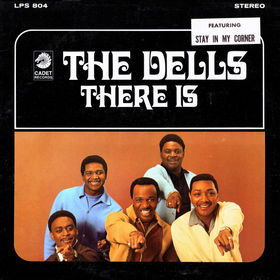1968
-
1968: In Wake of King’s Slaying, Black Chicago was Cloaked In Grief, In Song
In April of 1968, an uprising lit up the West Side of Chicago in response to the assassination of Dr. Martin Luther King. Black Chicago had a special connection to the civil rights leader: Dr. King lived on the West Side in 1966, fighting along with the Chicago Freedom Movement for open housing. Reclaimed Soul…
-
Maggie Brown on Oscar Brown, Jr. and The Opportunity Please Knock Chorus
Reclaimed Soul’s Ayana Contreras spoke with Jazz vocalist Maggie Brown, daughter of Oscar Brown, Jr. Maggie is passionate about preserving the legacy of her father’s community-engaged artistry. The Opportunity Please Knock Chorus (a creative collaboration between singer/writer/playwright Oscar Brown Jr. and the notorious Blackstone Rangers street gang) premiered 50 years ago. Mr. Brown stated in…
-
Do you Remember how to do the Camel Walk?
Do the Camel Walk! Last week on Reclaimed Soul, host Ayana Contreras played this rare local Chicago Blues/Soul record by Bobby Rush (not the former Black Panther turned Politician) from about 1968. In case you were wondering how to do the then-popular dance, here’s a clip of James Brown asking Sammy Davis, Jr. if he…
-
The Early Editions: Swinging Soul and Afro-Pop from the Windy City.
“People Try” b/w “What is Wrong With Grovin’” is a hip little record from about 1968 by the Early Editions. It’s a Chicago record, crafted by James Mack on the Aries label, but not much else is known about the group itself. My best educated guess is that the group consisted of a lounge act…
-
Clea Bradford and Frank D’Rone: my love’s a monster, so think i will. jive on.
From Frank D’Rone’s Cadet/Chess album “Brand New Morning” released in 1968 (arguably Cadet’s creative peak), “Think I Will” was arranged by Richard Evans and is the Brother record to Clea Bradford’s bananas Sister cut “My Love’s a Monster” (also from Cadet in 1968). Yes. The horns are so mighty, and that guitar work is extra-tasty……
-
Monk Higgins: The Look of Love
An early Charles Stepney arrangement (who later worked with The Dells, Rotary Connection, and Earth, Wind, & Fire, among others), this record rumbles and slinks along with soul. I love how the chunky electric keys interplay with the swirling strings, and Monk’s swinging saxophone. Monk Higgins was born Milton Bland in Arkansas. He was already a staple…
-
You’re Tuff Enough: junior wells’ new breed blues
The title cut off this 1968 album is a bluesy monster produced by Charles Stepney with more than enough groove to stay squarely in the pocket. Also on this album is the local hit “Up in Heah”, another blues-infused party track. Both of the records will make sceptics rethink the blues. According to the back…
-
Tim & Tom: it wouldn’t be funny if it weren’t so true
As part of the Chicago Humanities Festival, this Saturday meet Tim & Tom… a “Salt & Pepper” comedy team born in the hotbed of sixties Chicago… Tim Reid and Tom Dreesen met for the first time in tumultuous 1968 Chicago. As the heady promise of the sixties sagged under the weight of widespread violence, rioting, and…
-
Stay in My Corner…for a long, long time
The Mighty Mighty Dells are by far the most enduring music group to ever come out of Chicago (Harvey, to be precise), performing with their original line-up since 1952. “Stay in My Corner”, their 1968 pop and R&B smash, was one the longest singles ever released at the time, breaking the 3 1/2 minute barrier established by…
